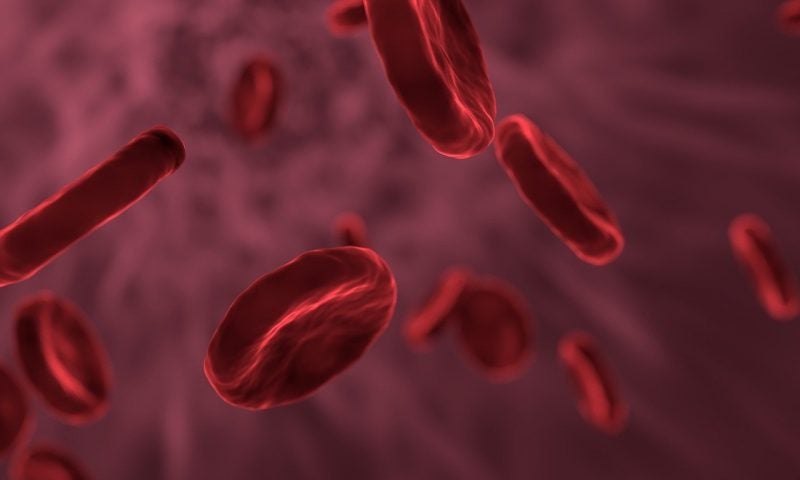
Hutchison China MediTech (Chi-Med) has started dosing participants in a Phase I clinical trial of HMPL-306 for the treatment of hematological malignancies in China.
HMPL-306 is a selective, small molecule, dual inhibitor of isocitrate dehydrogenase (IDH) 1 and 2 mutations. It is the ninth oncology asset discovered by the company internally.

Discover B2B Marketing That Performs
Combine business intelligence and editorial excellence to reach engaged professionals across 36 leading media platforms.
When targeted by an inhibitor of IDH1 or IDH2 mutant alone, cytoplasmic mutant IDH1 and mitochondrial mutant IDH2 are known to change to the other form.
Activity of HMPL-306 against IDH1, as well as IDH2 mutations, is expected to provide therapeutic benefits in cancer patients with IDH mutation. It could also address acquired resistance to IDH inhibition via isoform switching.
The new multi-centre Phase I trial will assess the safety, pharmacokinetics, pharmacodynamics and efficacy of the drug in patients suffering from relapsed or refractory hematological malignancies with an IDH1 and/or IDH2 mutation.
Designed as a dose escalation phase, the trial’s first stage will assess ascending oral doses of HMPL‑306 to establish the maximum tolerated dose and/or the recommended Phase II dose (RP2D).

US Tariffs are shifting - will you react or anticipate?
Don’t let policy changes catch you off guard. Stay proactive with real-time data and expert analysis.
By GlobalDataThe second stage of the trial is a dose expansion phase, which will see three cohorts of participants given HMPL‑306 to further investigate the safety, tolerability, and clinical activity at the RP2D.
The primary endpoint is safety and tolerability, determined as incidence of adverse events, along with maximum tolerated dosage and/or RP2D.
Secondary outcomes include objective response rate, duration of response, progression-free survival, and overall survival.
The study is expected to be completed in December 2022.
In January this year, the independent data monitoring committee (IDMC) of surufatinib’s Phase III SANET-p trial recommended Chi-Med to stop the study early after obtaining positive data from pancreatic cancer patients.





